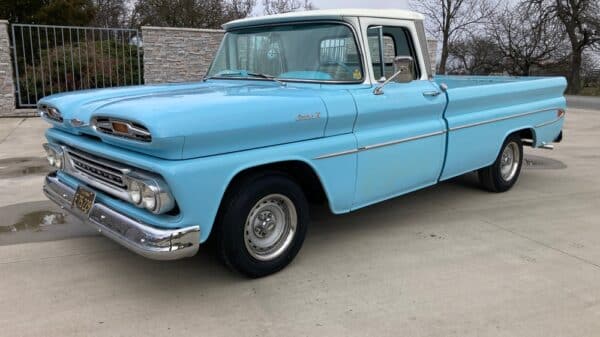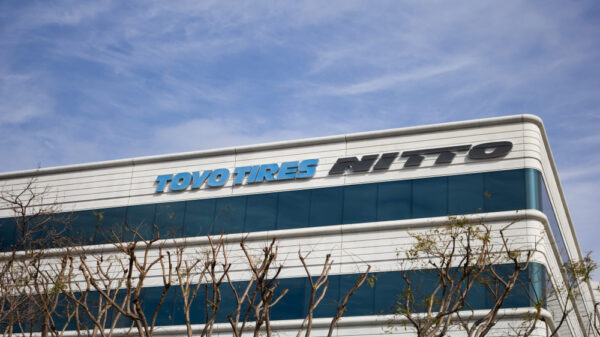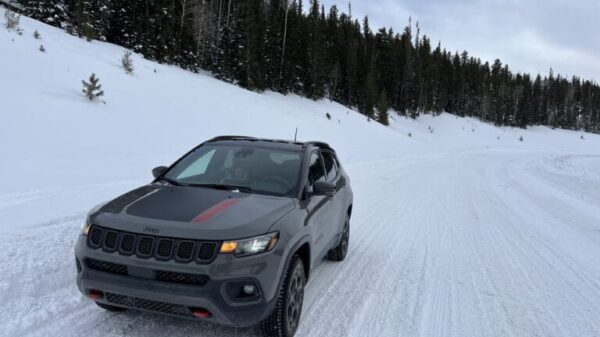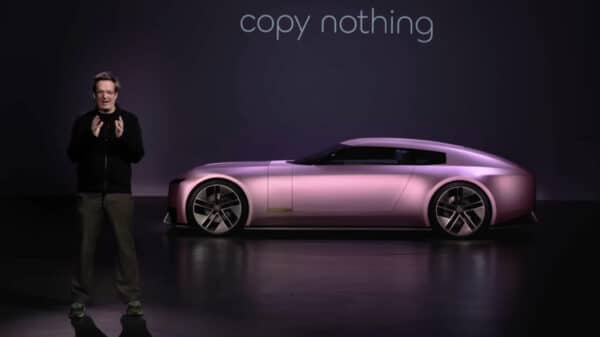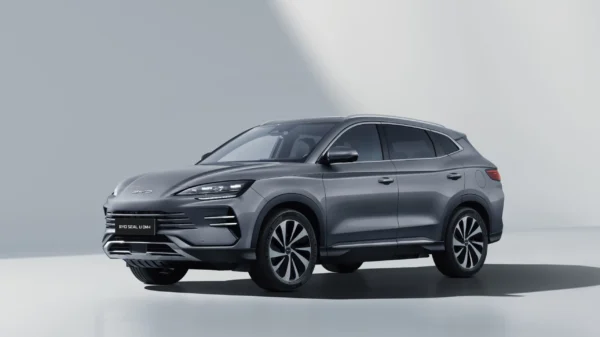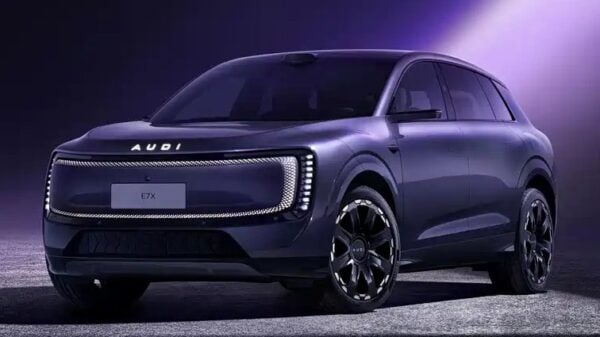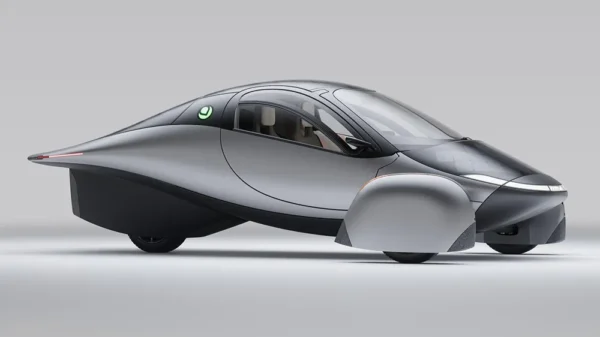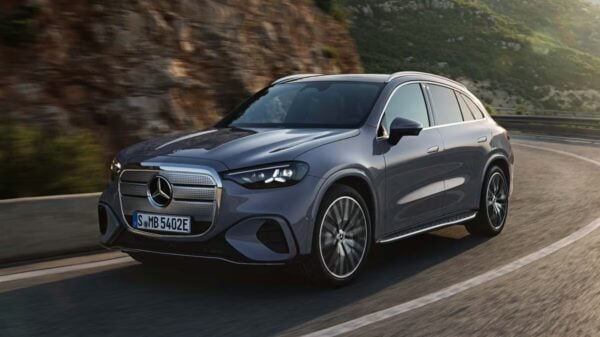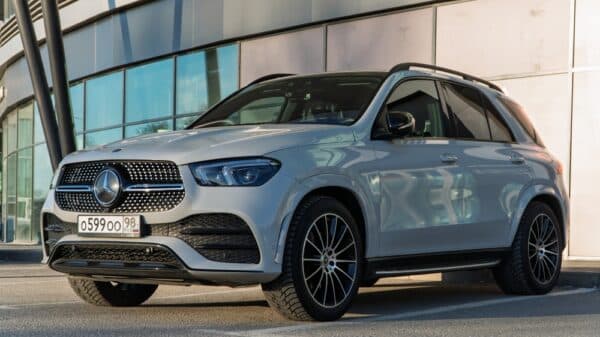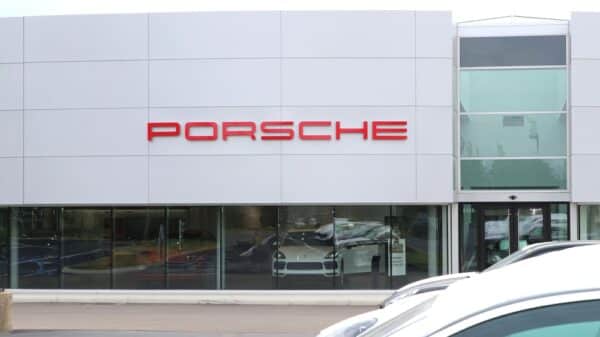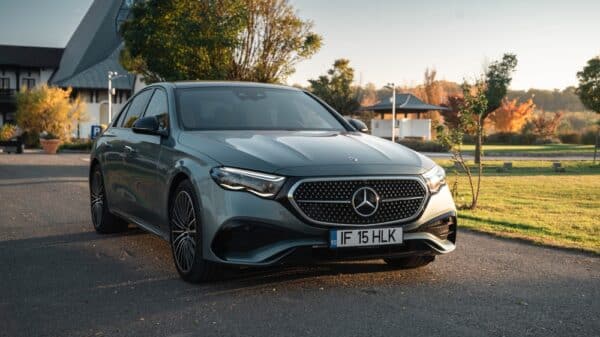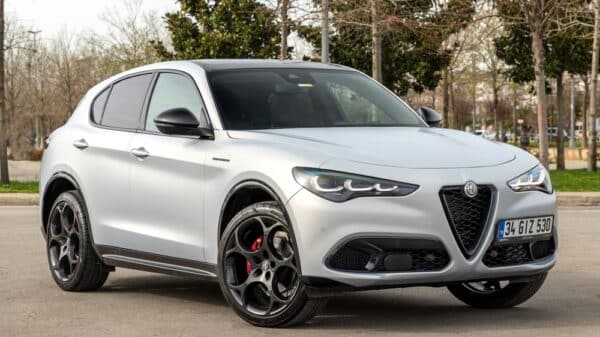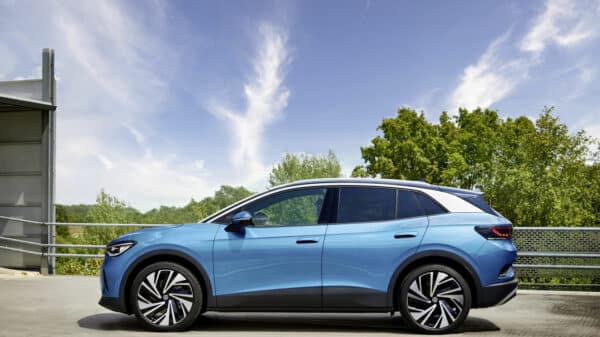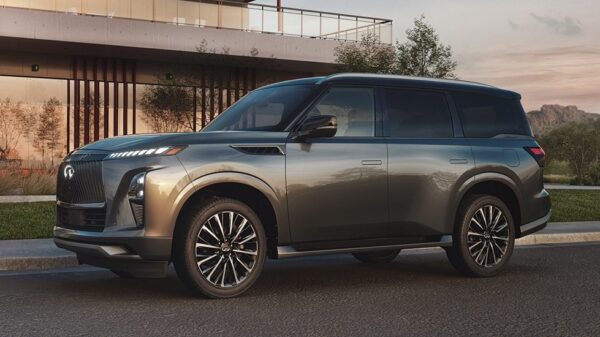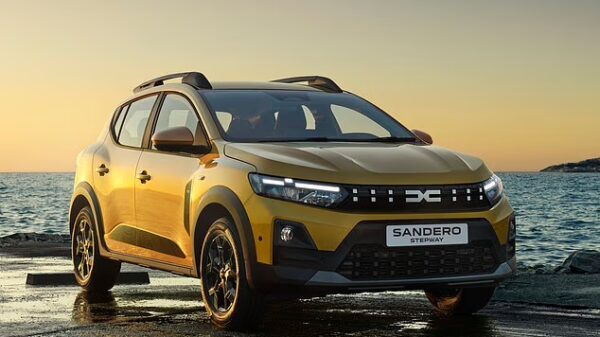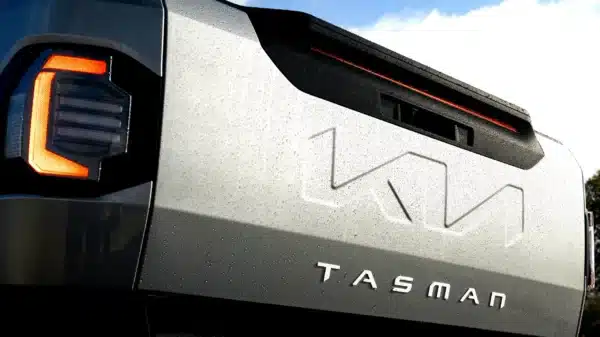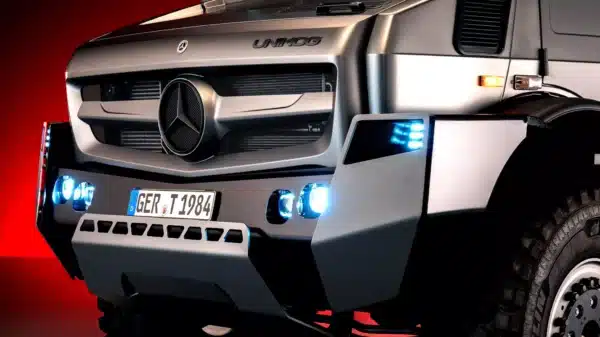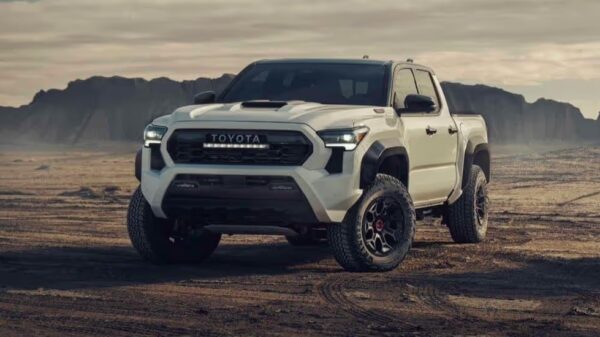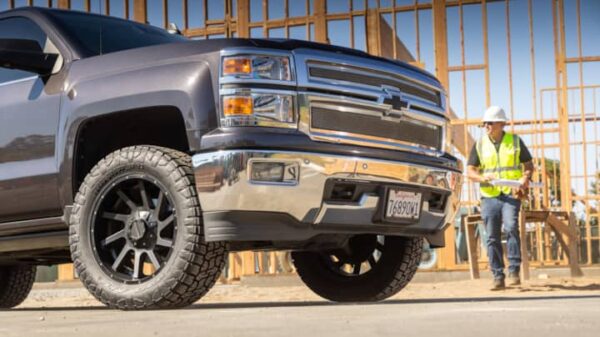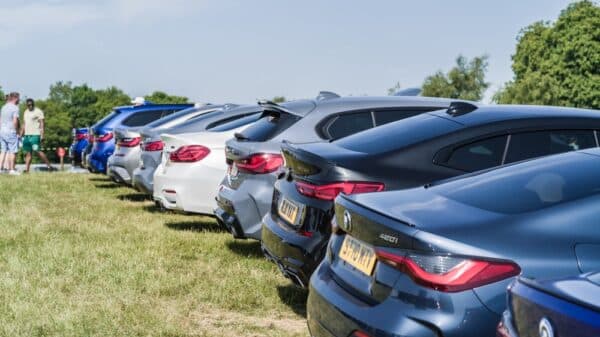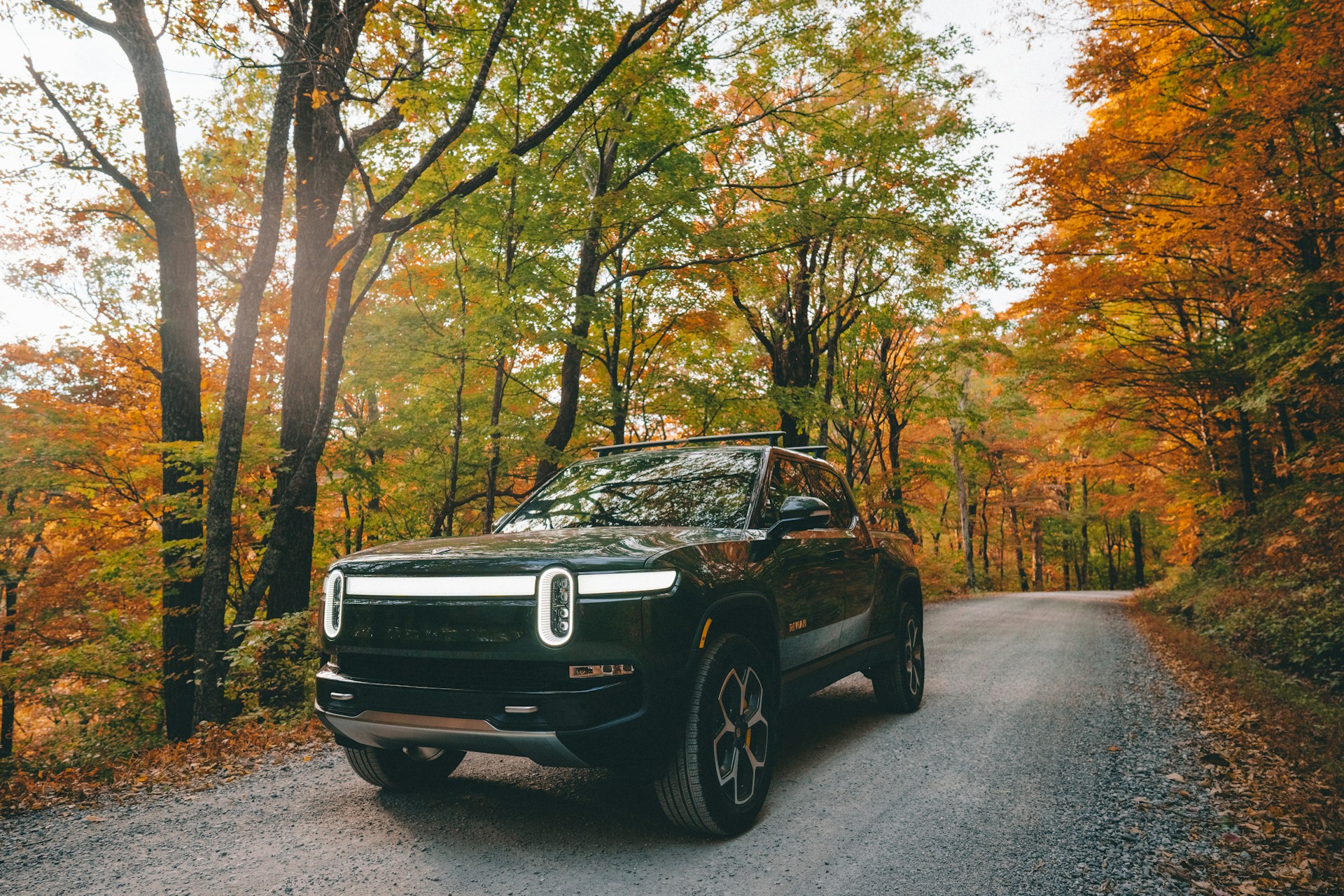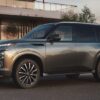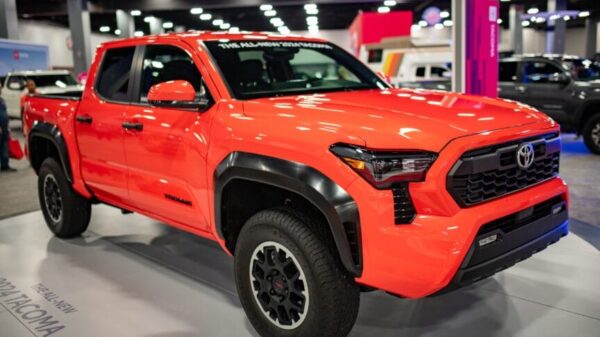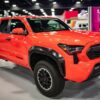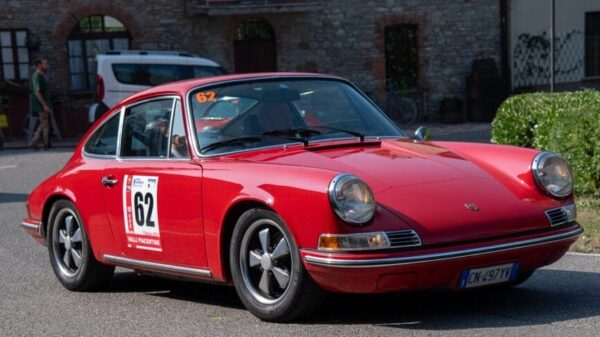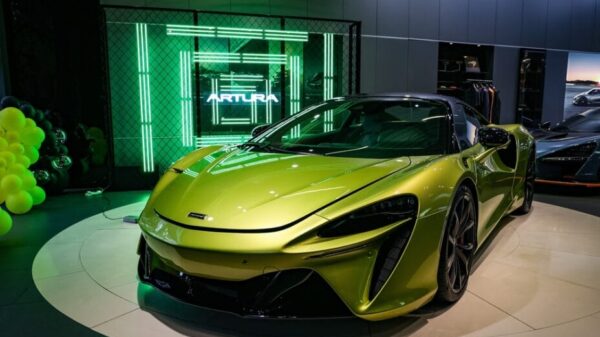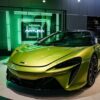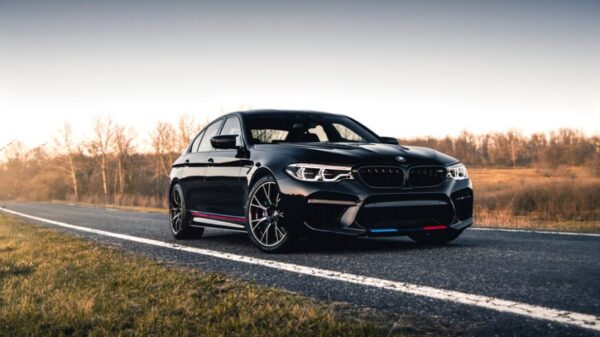Rivian announced on Wednesday that it has secured another $1 billion from its partnership with the Volkswagen Group. This deal is significant for both companies: Volkswagen gains access to Rivian’s cutting-edge electric and software technologies, while Rivian receives a crucial financial boost to support its operations and growth ambitions.
In its recent updates, Rivian reported delivering 10,661 vehicles in the last quarter, a disheartening 23% decline compared to the same period last year. This drop in deliveries comes as Rivian transitions to its 2026-model-year trucks and SUVs, impacting production capacity at its facility in Normal, Illinois.
It’s worth noting that Rivian is also grappling with demand issues for its rugged R1S SUV and R1T pickup truck. While these vehicles boast remarkable features and capabilities, there’s a growing concern that their price tags may be too steep for many prospective buyers, limiting their appeal in the fiercely competitive electric vehicle market.
Despite these challenges, Rivian’s annual deliveries for 2024 remained relatively stable, totaling 51,579 units. However, indicative of the hurdles the company faces, they’ve set a lower delivery target for this year, projecting between 40,000 and 46,000 vehicles. The revision in their guidance is partly attributed to tariffs imposed by President Donald Trump on car parts and materials, which have added financial strain.
Looking ahead, Rivian’s growth strategy heavily relies on the success of its upcoming $45,000 R2 crossover, targeted for production in 2026. This vehicle represents Rivian’s vision for a mass-market offering that aims to bring costs down and scale production effectively. The partnership with Volkswagen is pivotal for this endeavor, especially considering Rivian has invested billions in its journey thus far without yet achieving net profitability.
The collaboration between Volkswagen and Rivian began last year, with a monumental agreement to infuse $5.8 billion into Rivian. In exchange, Volkswagen—owner of brands such as Porsche, Audi, and Bentley—gains access to Rivian’s advanced electrical architectures. Think of this as the digital brain of the vehicle that enables it to stay updated with rich software features and improvements over time.
Volkswagen has faced challenges in developing these complex systems internally, making this partnership even more crucial. Rivian’s technology will form the backbone of VW’s future electric projects, notably starting with their new entry-level vehicle, the ID.Every1.
Looking forward, Rivian is optimistic that the funds from Volkswagen will provide the necessary runway to ramp up production for the R2, along with a subsequent smaller model, the R3. This ambitious trajectory is key to Rivian’s future and aims to solidify its position in the ever-evolving landscape of electric vehicles.
Image Source: Unsplash


